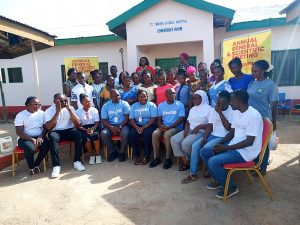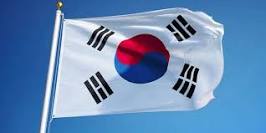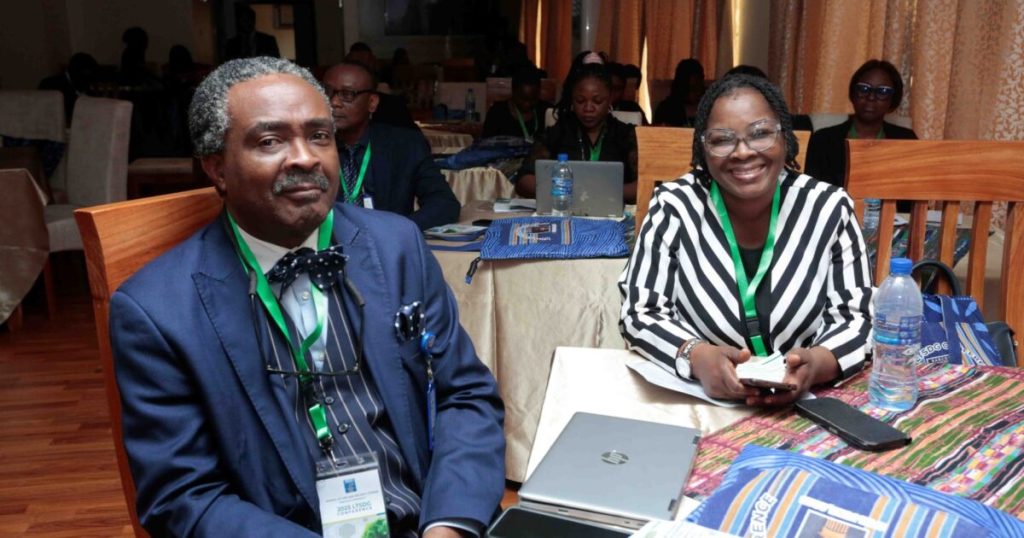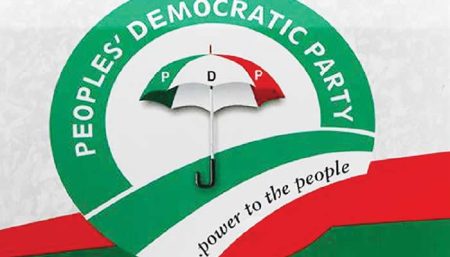The current global intellectual property (IP) legal framework, largely rooted in Western legal traditions, is facing increasing scrutiny for its inadequacy in addressing the unique needs and realities of African societies. Legal scholars and experts, including Professor Bankole Sodipo, a Senior Advocate of Nigeria and lecturer at Babcock University, are advocating for a comprehensive review of these laws to better protect and leverage Africa’s rich traditional knowledge systems and foster sustainable development. The existing framework, they argue, prioritizes individual authorship and documented evidence, neglecting the communal nature of African knowledge transmission and the oral traditions through which it is preserved. This discrepancy creates a significant barrier to recognizing and protecting indigenous innovations, leading to biopiracy and hindering Africa’s potential for wealth creation.
A central concern revolves around the ownership and protection of traditional knowledge. Practices such as the use of indigenous herbs for medicinal purposes, or the sharing of folklore, are deeply ingrained in communal practices and passed down through generations orally. The Western IP model, however, requires documented proof of individual ownership, rendering these invaluable assets vulnerable to exploitation. This disparity allows external entities to capitalize on African traditional knowledge without due recognition or compensation, effectively depriving the continent of its rightful economic benefits. Examples cited include the appropriation of traditional remedies and even agricultural products like Ofada rice by foreign entities, highlighting the urgent need for legal reforms that acknowledge and protect the collective ownership inherent in traditional knowledge systems.
Emerging technologies, particularly artificial intelligence (AI), further complicate the existing IP landscape and necessitate legal adaptations. Current laws define inventorship as a human activity, leaving a significant gap in addressing creations generated by AI. The question of ownership and rights related to AI-generated inventions remains unresolved, highlighting the need for updated legal frameworks that can accommodate this rapidly evolving technological reality. Without such adaptations, the benefits of AI-driven innovation could be skewed, potentially exacerbating existing inequalities rather than contributing to sustainable development.
The call for a revised IP framework extends beyond simply protecting traditional knowledge. It also advocates for the establishment of an African-centric jurisprudence that compels international recognition of the continent’s unique contributions to knowledge and innovation. This move seeks to shift the narrative of Africa from one of poverty to one of potential, showcasing its rich cultural heritage and innovative capacity. The success of Nollywood serves as a potent example of Africa’s ability to transform its cultural resources into global exports, underscoring the enormous potential for economic growth and development that lies within its grasp.
While acknowledging the transformative potential of AI across various sectors, including legal practice, experts also caution against unchecked reliance on this technology. Concerns have been raised about the ethical implications of overdependence on AI and the potential for it to displace human judgment and creativity. Statements proclaiming AI as a divine entity are viewed with apprehension, reflecting the need for a balanced approach that leverages the benefits of AI while preserving human values and ethical considerations. Professionals are urged to exercise caution and avoid becoming overly reliant on technology, ensuring that AI remains a tool for progress rather than a replacement for human intellect and ingenuity.
The convergence of law, technology, and sustainable development goals presents a complex and dynamic landscape requiring careful navigation. As Nigeria and other African nations increasingly embrace technology to address challenges in various sectors, the legal framework must evolve to act as both a safeguard and an enabler. It is crucial to ensure that innovation promotes justice, sustainability, and human rights, creating a future where technological advancements contribute to the well-being of all. The regulation of AI is deemed essential to prevent its potential misuse and to ensure that its application aligns with societal values and development goals. By fostering a legal environment that recognizes and protects Africa’s unique intellectual contributions, the continent can unlock its vast potential and pave the way for a more equitable and prosperous future.













